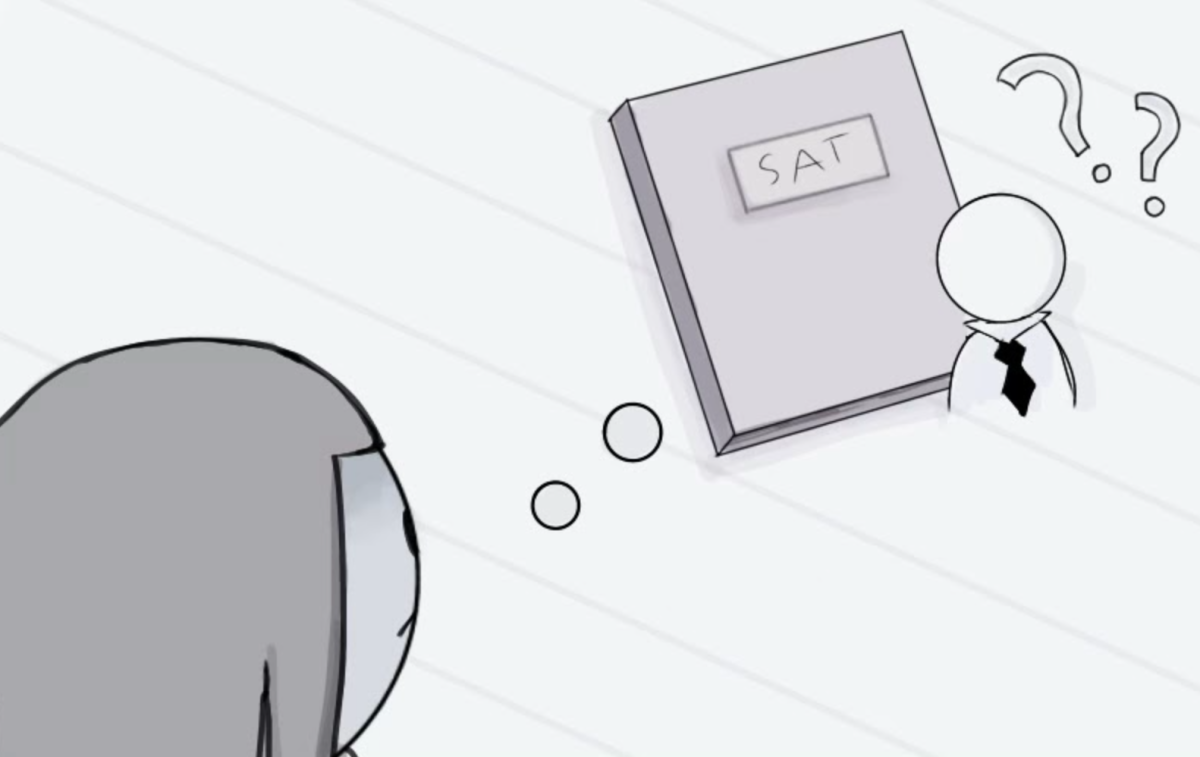For the past 19 years, the National Security Agency (NSA) has been collecting data on every single U.S. citizen. Any phone call, email, text message any citizen has sent can be seized for use by the government without a warrant.
On June 9, 2013, Edward Snowden announced he had released the leaks from NSA data to the Guardian and the Washington Post that proved that the NSA had amassed huge databases of citizen phone calls. Snowden was forced to flee to Russia after his U.S. Passport was revoked for his whistleblowing.
One year ago this month, the U.S. Court of Appeals for the 9th Circuit ruled that the surveillance done by the NSA that was leaked by Snowden to be illegal. But the Justice Department can still access logs of calls, emails, and texts with just a court order, and circuit court rulings are limited compared to the federal government’s power.
Regardless of approval Snowden may or may not deserve for uncovering what is now known to be illegal; the Fourth Amendment is supposed to protect U.S. citizens from unreasonable searches and seizures of their property, as well as from arbitrary arrests and surveillance.
The right of the people to be secure in their persons, houses, papers, and effects, against unreasonable searches and seizures, shall not be violated, and no warrants shall issue, but upon probable cause, supported by oath or affirmation, and particularly describing the place to be searched, and the persons or things to be seized.
— U.S. Bill of Rights, Fourth Amendment
The Fourth Amendment is what makes it illegal for law enforcement to come into your house and collect your letters, your mail, any private papers of yours without probable cause. Why is that any different from email? How come because it’s digital, they suddenly deserve access to it, even though it serves the exact same purpose?
A person’s conversations and documents, whether they be digital or physical, should belong to them. The only time those records should be able to be accessed is when there is a specific probable cause against that individual.
Now, some might argue that such searches keep us safe from crimes planned over the net. However, in the same case that found the surveillance uncovered by Snowden to be illegal, the Court of Appeals also found that only four people were thought to have been stopped by these policies by U.S. officials. In actuality, the court discovered that these were inconsistent court records, meaning all this spying might have literally been inconsequential in stopping crime in any way.
Some may also add that for certain information, a warrant is still necessary, and while that is true, it simply does not negate the massive amount of data that can be obtained without one.
If this were happening in any other country, Americans would denounce it as Orwellian and totalitarian, straight out of 1984, but because it’s in the United States, people are willing to let it slide. You do have something to hide: your information is yours, and it’s yours to distribute at your discretion. The government must stop spying on citizens.













